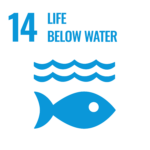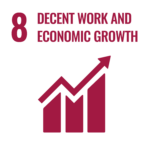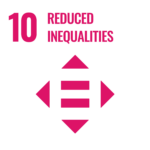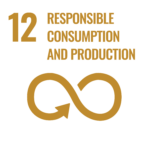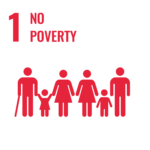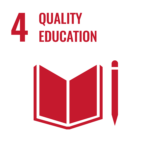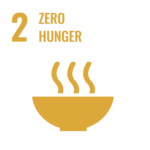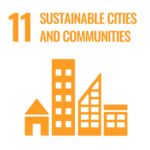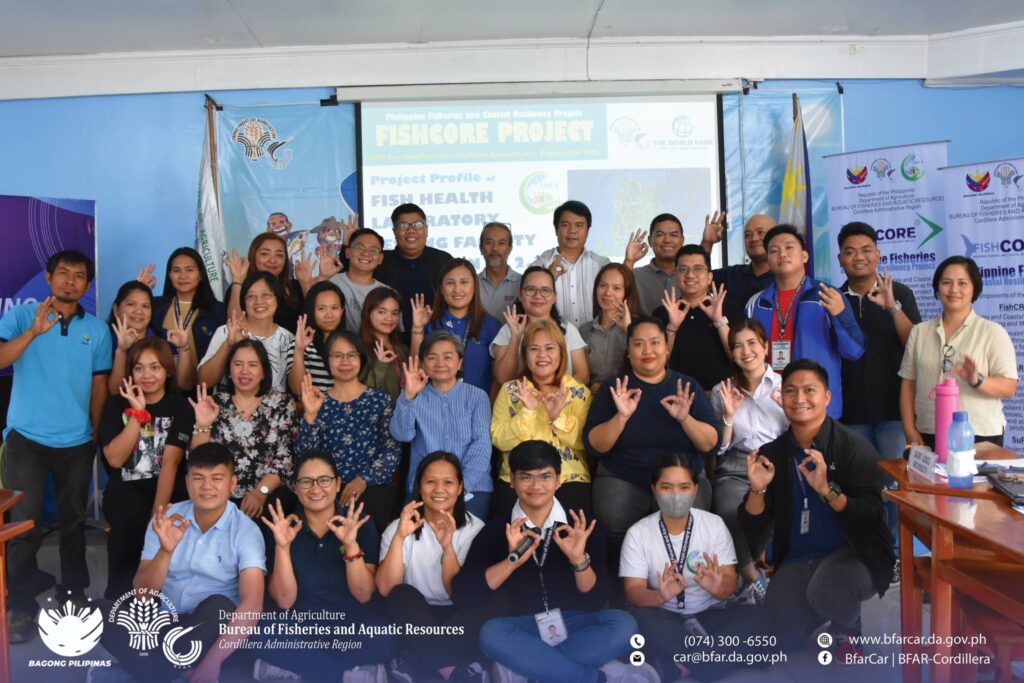
"Empower students with fundamental understanding of intellectual property and enhancing their research skills through the use of statistical software"
The University of Baguio was invited to learn about the ongoing FishCoRe project. FishCoRe stands for Fisheries and Coastal Resiliency Project, it is a 7-year planned project that will run from 2023 to 2029, being implemented by the Department of Agriculture’s Bureau of Fisheries and Aquatic Resources (DA-BFAR). This project is a collaboration between DA-BFAR and the World Bank and is supported by different government agencies.
The Fish CoRe project will be implemented in different regions in the north, Regions 1, 3, 4A, 4B, NCR, and CAR (FMA 6); and in the south, Regions 7, 8, 9, 10, and 13 (FMA 9). The project’s goal is to enhance ecosystems and community resilience in FMAs 6 and 9 and adopt the Ecosystem Approach to Fisheries Management (EAFM), through science, knowledge, and technology. From planning to execution, a wide range of interventions will be used to provide efficient impact monitoring and assessment.
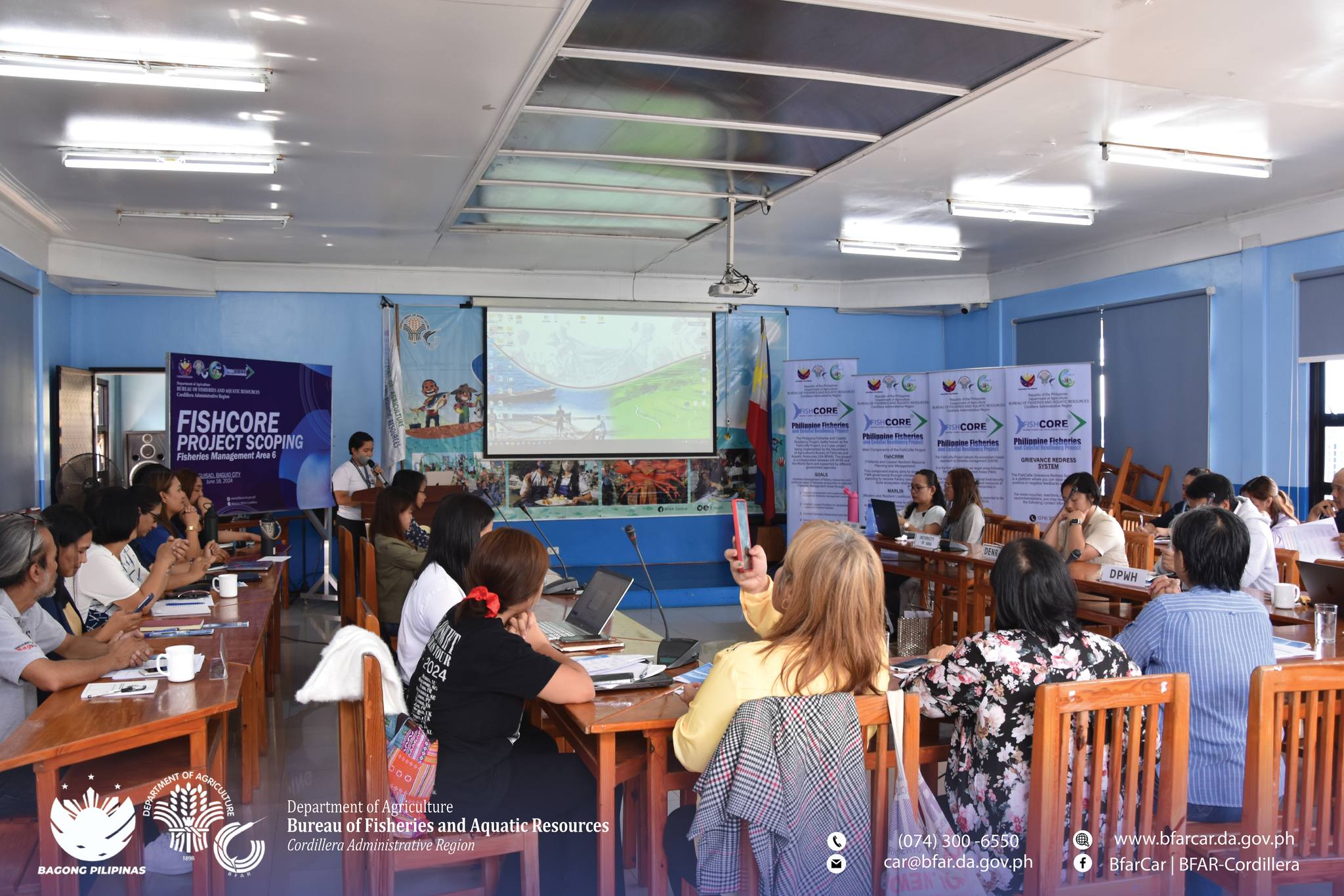 The speaker, Dr. Lilibeth L. Signey, the Regional Director, gave an opening message with hope and optimism on the potential of the project to be placed here in Baguio which is the FishCoRe project. Engineer Jorge D. Calabias gave a brief orientation of the FishCoRe Project, wherein his strong point is more on the MARLIN project in which MARLIN stands for Modern and Resilient Livelihood Investments. Other main components of the FishCoRe Project are FishCRRM, Fisheries and Coastal, Resilient Resource Planning and Management and SuPriM, Support to Project Implementation and Management. The project aims to help and give benefits to fisherfolk, small to medium enterprises, and other fisheries stakeholders.
The speaker, Dr. Lilibeth L. Signey, the Regional Director, gave an opening message with hope and optimism on the potential of the project to be placed here in Baguio which is the FishCoRe project. Engineer Jorge D. Calabias gave a brief orientation of the FishCoRe Project, wherein his strong point is more on the MARLIN project in which MARLIN stands for Modern and Resilient Livelihood Investments. Other main components of the FishCoRe Project are FishCRRM, Fisheries and Coastal, Resilient Resource Planning and Management and SuPriM, Support to Project Implementation and Management. The project aims to help and give benefits to fisherfolk, small to medium enterprises, and other fisheries stakeholders.
Hopefully, with the support of the city, the university, and the other potential sponsors, this project will reach its goals and create a bountiful and prosperous future for the country. Aligning it with the goals of the United Nations, these projects would fulfill the Sustainable Development Goals such as 14: Life Below Water; 17: Partnership for the Goal; 8: Decent Work and Economic Growth; 10: Reduced Inequality; 12: Responsible Consumption; 1: No Poverty; 4: Quality Education and 2: Zero Hunger. | Photo by BFARCordillera
